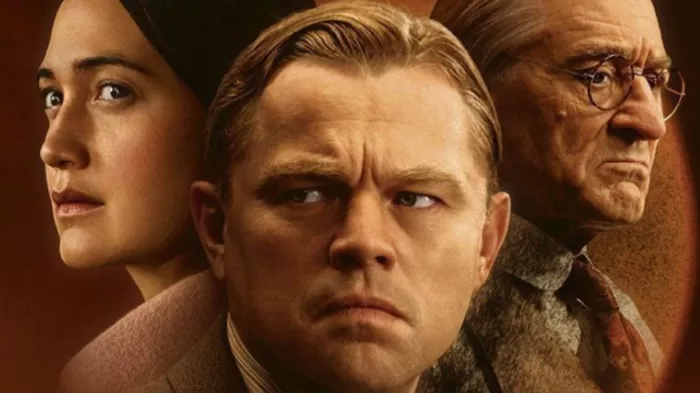Unraveling the Director’s Vision
When acclaimed director Martin Scorsese took on the monumental task of bringing David Grann’s gripping non-fiction book, “Killers of the Flower Moon: The Osage Murders and the Birth of the FBI,” to the silver screen, he made a deliberate and profound decision to deviate from the book’s central mystery. Unlike the book, which delves into the intricate details of the investigation into the Osage Reign of Terror and the pursuit of the perpetrators, Scorsese, with unwavering conviction, chose to shift the focus from the question of “who” to the poignant exploration of “why.” This departure from the traditional crime drama narrative sparked discussions among both critics and audiences, prompting a deeper examination of the film’s underlying themes and the significance of highlighting the motivations behind the heinous acts that plagued the Osage community.
Emphasis on Historical Realism
Scorsese’s intention to downplay the mystery aspect of the film does not diminish its historical significance or its impact on contemporary audiences. In fact, it serves as a poignant reminder of the painful reality surrounding the Osage Reign of Terror, a chapter in history that was agonizingly slow to be prosecuted and ultimately faded from the collective memory of the nation. By shifting the narrative lens from the mere pursuit of justice to the exploration of the intricate dynamics between the white settlers and the Indigenous people, Scorsese underscores the urgent need to revisit and reckon with the dark legacies of systemic oppression and violence that continue to resonate in modern society. The film serves as a powerful catalyst for initiating conversations about historical accountability and the enduring consequences of unchecked prejudice and greed.
Unveiling the Forgotten Narrative
“Killers of the Flower Moon” emerges as a poignant tribute to the forgotten history of the Osage murders, shedding light on the harrowing experiences of a community that fell victim to a reign of terror orchestrated by those meant to protect them. Scorsese’s decision to pivot the narrative towards the exploration of human motivation and the complexities of power dynamics serves to honor the resilience of the Osage people while challenging audiences to confront the uncomfortable truths embedded within the fabric of American history. By highlighting the intricate web of relationships and the entangled motivations that underpinned the tragic events, the film transcends the confines of a mere crime drama and transforms into a powerful exposé on the enduring effects of systemic prejudice and the multifaceted dimensions of human nature.
A Profound Meditation on Humanity
In reorienting the focus of “Killers of the Flower Moon” from the “whodunit” aspect to the exploration of the deeper societal and psychological undercurrents, Scorsese invites audiences to embark on a profound meditation on the essence of humanity itself. The film serves as a nuanced examination of the inherent complexities within the human psyche, prompting viewers to grapple with the moral ambiguities and the intricate interplay of power, greed, and prejudice that shape the course of history. Through the lens of the Osage Reign of Terror, Scorsese crafts a compelling narrative that transcends the boundaries of time and place, compelling audiences to confront the universal truths about the darker facets of human behavior and the enduring consequences of unchecked avarice and prejudice.
Conclusion
“Killers of the Flower Moon” stands as a testament to the transformative power of cinema in illuminating the forgotten narratives of history and encouraging meaningful dialogue about the complexities of human nature. Scorsese’s deliberate departure from the traditional mystery narrative serves as a bold statement about the imperative to shift the focus from mere investigation to a deeper exploration of the societal and psychological forces that shape human actions. By emphasizing the importance of understanding the “why” behind the atrocities committed during the Osage Reign of Terror, Scorsese prompts audiences to confront the uncomfortable truths embedded within the fabric of society, fostering a collective commitment to reckon with the shadows of the past and pave the way for a more just and empathetic future.

